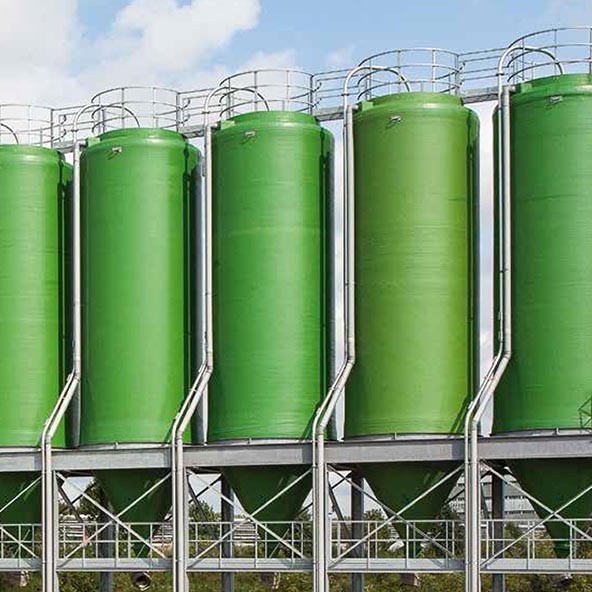
-
 Afrikaans
Afrikaans -
 Albanian
Albanian -
 Amharic
Amharic -
 Arabic
Arabic -
 Armenian
Armenian -
 Azerbaijani
Azerbaijani -
 Basque
Basque -
 Belarusian
Belarusian -
 Bengali
Bengali -
 Bosnian
Bosnian -
 Bulgarian
Bulgarian -
 Catalan
Catalan -
 Cebuano
Cebuano -
 China
China -
 China (Taiwan)
China (Taiwan) -
 Corsican
Corsican -
 Croatian
Croatian -
 Czech
Czech -
 Danish
Danish -
 Dutch
Dutch -
 English
English -
 Esperanto
Esperanto -
 Estonian
Estonian -
 Finnish
Finnish -
 French
French -
 Frisian
Frisian -
 Galician
Galician -
 Georgian
Georgian -
 German
German -
 Greek
Greek -
 Gujarati
Gujarati -
 Haitian Creole
Haitian Creole -
 hausa
hausa -
 hawaiian
hawaiian -
 Hebrew
Hebrew -
 Hindi
Hindi -
 Miao
Miao -
 Hungarian
Hungarian -
 Icelandic
Icelandic -
 igbo
igbo -
 Indonesian
Indonesian -
 irish
irish -
 Italian
Italian -
 Japanese
Japanese -
 Javanese
Javanese -
 Kannada
Kannada -
 kazakh
kazakh -
 Khmer
Khmer -
 Rwandese
Rwandese -
 Korean
Korean -
 Kurdish
Kurdish -
 Kyrgyz
Kyrgyz -
 Lao
Lao -
 Latin
Latin -
 Latvian
Latvian -
 Lithuanian
Lithuanian -
 Luxembourgish
Luxembourgish -
 Macedonian
Macedonian -
 Malgashi
Malgashi -
 Malay
Malay -
 Malayalam
Malayalam -
 Maltese
Maltese -
 Maori
Maori -
 Marathi
Marathi -
 Mongolian
Mongolian -
 Myanmar
Myanmar -
 Nepali
Nepali -
 Norwegian
Norwegian -
 Norwegian
Norwegian -
 Occitan
Occitan -
 Pashto
Pashto -
 Persian
Persian -
 Polish
Polish -
 Portuguese
Portuguese -
 Punjabi
Punjabi -
 Romanian
Romanian -
 Russian
Russian -
 Samoan
Samoan -
 Scottish Gaelic
Scottish Gaelic -
 Serbian
Serbian -
 Sesotho
Sesotho -
 Shona
Shona -
 Sindhi
Sindhi -
 Sinhala
Sinhala -
 Slovak
Slovak -
 Slovenian
Slovenian -
 Somali
Somali -
 Spanish
Spanish -
 Sundanese
Sundanese -
 Swahili
Swahili -
 Swedish
Swedish -
 Tagalog
Tagalog -
 Tajik
Tajik -
 Tamil
Tamil -
 Tatar
Tatar -
 Telugu
Telugu -
 Thai
Thai -
 Turkish
Turkish -
 Turkmen
Turkmen -
 Ukrainian
Ukrainian -
 Urdu
Urdu -
 Uighur
Uighur -
 Uzbek
Uzbek -
 Vietnamese
Vietnamese -
 Welsh
Welsh -
 Bantu
Bantu -
 Yiddish
Yiddish -
 Yoruba
Yoruba -
 Zulu
Zulu
CPVC FRP Pipes A Durable Solution for Various Industrial Applications
CPVC FRP Pipe A Reliable Choice for Industrial Applications
In the world of industrial applications, the choice of piping materials is critical to ensure efficiency, durability, and safety. One increasingly popular option is the combination of Chlorinated Polyvinyl Chloride (CPVC) and Fiberglass Reinforced Plastic (FRP) piping. The unique properties of CPVC FRP pipes make them an excellent choice for various industrial applications, particularly where the fluid transported is corrosive, high-temperature, or requires a lightweight yet sturdy solution.
Properties and Benefits of CPVC FRP Pipes
The primary allure of CPVC FRP pipes lies in their unparalleled resistance to corrosion. Traditional metal pipes often succumb to rust and deterioration when handling corrosive substances. In contrast, CPVC, a thermoplastic material, inherently resists chemical attacks from a broader range of acids, bases, and salts. This characteristic greatly reduces maintenance costs and downtime for repairs or replacements, making CPVC FRP pipes a financially sound investment.
Moreover, the lightweight nature of CPVC FRP piping simplifies handling and installation. Unlike heavy metal pipes that require substantial manpower and heavy equipment for transportation and installation, CPVC FRP pipes can often be handled and installed more easily, leading to lower labor costs. Their lighter weight can also contribute to lower structural load requirements for supporting structures, which can save additional costs in construction.
The flexibility of design options available with CPVC FRP pipes further enhances their appeal. Customization is relatively easy, allowing for the design and production of pipes in various diameters and lengths suited precisely to the requirements of a specific project. This adaptability makes CPVC FRP pipes ideal for complex industrial systems where traditional piping solutions may fall short.
High-Temperature Performance
cpvc frp pipe a reliable choice for industrial applications

Another noteworthy attribute of CPVC FRP pipes is their ability to withstand high temperatures. CPVC can handle temperatures up to 200°F (approximately 93°C) without losing structural integrity, making it ideal for industries such as chemical processing, power generation, and oil and gas. This capability ensures that CPVC FRP pipes can maintain their performance and reliability even under severe operating conditions.
Sustainability and Environmental Impact
In today's industrial landscape, sustainability is a growing concern. CPVC FRP pipes offer an environmentally friendly solution. The manufacturing process of these pipes typically uses less energy than metal pipe production, and their long lifespan means fewer resources are consumed over time. Additionally, the recyclability of CPVC provides eco-conscious industries with a way to limit their environmental footprint.
Applications Across Industries
CPVC FRP pipes find applications across a range of industries, including wastewater treatment, chemical processing, and HVAC systems. In the chemical industry, where stringent sanitation and performance standards are mandated, the corrosion resistance and structural stability of CPVC FRP are indispensable. Similarly, in wastewater treatment facilities, these pipes help manage corrosive materials effectively while maintaining operational efficiency.
Conclusion
In conclusion, CPVC FRP pipes emerge as a reliable choice for industrial applications due to their unique properties, including corrosion resistance, lightweight design, high-temperature performance, and environmental sustainability. As industries continue to seek efficient and durable piping solutions, CPVC FRP technology stands out as a commendable alternative to traditional materials. By investing in CPVC FRP piping, businesses not only enhance their operational efficiency but also contribute to sustainable practices in the industrial field. As technology progresses and our understanding of material science deepens, the future of industrial piping will undoubtedly see continued advancements in reliable solutions like CPVC FRP.









